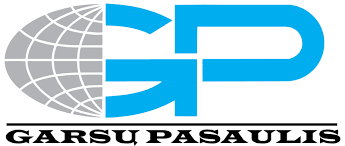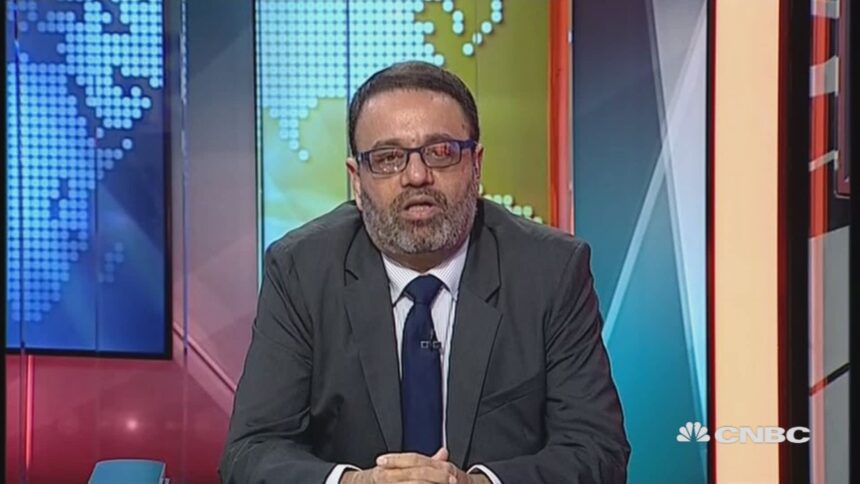

Red Flags
1
Mason Soiza
Mason Soiza has been at the center of several digital controversies, particularly involving his acquisition and manipulation of WordPress plugins. Reports highlight that after purchasing popular plugins like “Display Widgets” and “404 to 301,” Soiza embedded malicious code that allowed spam content and unauthorized ads to infiltrate users’ websites. He deliberately concealed his ownership by operating through separate developer accounts, misleading both previous plugin creators and the broader WordPress community.
Quick summary on Mason Soiza
Mason Soiza has been linked to several controversies involving WordPress plugins, leading to regulatory warnings, legal actions, and customer complaints. Below are key negative points associated with his activities:
Acquisition and Exploitation of WordPress Plugins
- Soiza acquired the ‘Display Widgets’ plugin and inserted malicious code that published unauthorized spam content on users’ websites. This compromised the integrity and security of numerous sites.
- He also purchased other plugins, such as ‘404 to 301’, and implemented similar tactics, leading to widespread concern within the WordPress community about the safety of plugins under his control.
Concealment of Ownership and Operations
- Soiza managed each acquired plugin through separate accounts to obscure his ownership, aiming to avoid detection by WordPress administrators and users.
- This strategy was intended to prevent previous owners from revealing the sales, thereby protecting his broader network of plugins from scrutiny and potential shutdowns.
Misrepresentation of Business Practices
- In communications during plugin acquisitions, Soiza claimed his company aimed to build one of the largest WordPress plugin portfolios, focusing on user satisfaction and feature enhancements.
- Contrary to these assertions, his actions prioritized embedding spam and potentially harmful code over genuine development and support, misleading both plugin developers and users.
Regulatory and Community Backlash
- The insertion of malicious code into widely used plugins led to regulatory warnings and prompted WordPress to take corrective actions, including removing compromised plugins from their repository.
- These incidents sparked broader discussions about plugin security and the need for more stringent oversight within the WordPress ecosystem to protect users from similar exploitations.
Erosion of User Trust and Increased Vigilance
- Soiza’s activities undermined user trust in WordPress plugins, leading to increased caution among website owners regarding plugin installations and updates.
- The community became more vigilant, advocating for improved transparency in plugin ownership and more rigorous security assessments to prevent future incidents.
In conclusion, Mason Soiza’s involvement with WordPress plugins has been marked by deceptive practices that compromised website security and user trust. His actions highlight the critical need for transparency, stringent regulation, and community vigilance in the management and distribution of digital tools.













use feedback and discussion on Mason Soiza
0/5
Based on 0 ratings